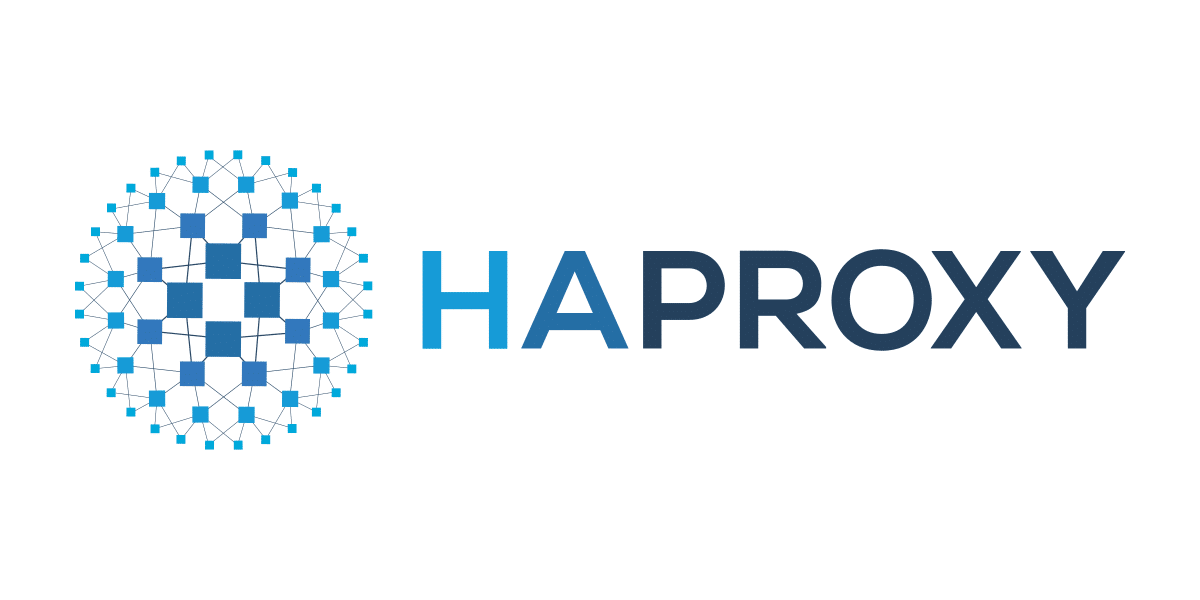HAProxy, short for High Availability Proxy, is a powerful and versatile open-source proxy server software that plays a pivotal role in managing and optimizing network traffic. It serves as a critical component in load balancing, providing high availability, and ensuring the smooth functioning of web services. In this article, we will delve into the world of HAProxy, exploring its various applications, the importance of using a proxy with HAProxy, its advantages, potential drawbacks of free proxies, recommended proxies for use with HAProxy, and how to configure a proxy server for HAProxy.
What is HAProxy Used for and How Does it Work?
HAProxy acts as a load balancer and proxy server, distributing incoming network requests across multiple backend servers. It operates at both the transport layer (Layer 4) and the application layer (Layer 7) of the OSI model, making it highly versatile. Here’s a brief overview of its primary functions:
Load Balancing:
HAProxy distributes incoming traffic evenly among backend servers, preventing overloads on individual servers and ensuring optimal resource utilization. This results in improved response times and system reliability.
Proxy Server:
HAProxy can function as a forward or reverse proxy. As a forward proxy, it handles client requests on behalf of the clients, while as a reverse proxy, it receives requests from clients and forwards them to the appropriate backend servers.
SSL Termination:
HAProxy can offload SSL/TLS encryption and decryption tasks, relieving the backend servers from the computational overhead associated with secure connections. This enhances the overall system performance.
Why Do You Need a Proxy for HAProxy?
When using HAProxy, integrating a proxy server into your setup becomes highly advantageous for several reasons:
-
Enhanced Security: Proxies act as intermediaries between clients and servers, adding an additional layer of security by hiding the actual server’s IP address and protecting it from direct exposure to potentially malicious clients.
-
Improved Privacy: Proxies help maintain user privacy by masking their IP addresses, making it challenging for websites or services to track their online activities.
-
Content Filtering: Proxies can be configured to filter and block unwanted content, providing a safer and more controlled browsing experience.
-
Load Distribution: Proxies can distribute traffic to multiple HAProxy instances, further enhancing the load balancing capabilities and overall system performance.
Advantages of Using a Proxy with HAProxy
Utilizing a proxy server in conjunction with HAProxy offers numerous benefits, including:
-
Scalability: Proxies allow you to easily scale your infrastructure by directing traffic to additional HAProxy instances or backend servers as your needs grow.
-
Anonymity: Users can maintain anonymity and privacy when accessing web services, as the proxy server’s IP address is presented to the target servers instead of the user’s IP.
-
Geographic Flexibility: Proxies can be located in different geographic regions, enabling you to access content restricted to specific locations or regions.
-
Security: Proxies act as a protective barrier, filtering out malicious traffic and potential threats before they reach your HAProxy setup.
What Are the Сons of Using Free Proxies for HAProxy?
While free proxies may seem like a cost-effective solution, they often come with significant drawbacks that can hinder your HAProxy setup:
| Cons of Free Proxies for HAProxy |
|---|
| Unreliable Performance: Free proxies are known for their inconsistent performance, resulting in slow response times and frequent downtime. |
| Limited Bandwidth: Free proxies typically offer limited bandwidth, making them unsuitable for high-traffic applications. |
| Security Risks: Free proxies may not prioritize security, potentially exposing your data to cyber threats. |
| No Guarantees: With free proxies, you have no service-level agreements (SLAs) or guarantees of uptime and support. |
| Limited Locations: Free proxies often have a limited number of server locations, restricting your ability to access region-specific content. |
What Are the Best Proxies for HAProxy?
Choosing the right proxy for your HAProxy setup is crucial. Premium, dedicated proxies from reputable providers offer the following advantages:
-
Reliability: Premium proxies guarantee high uptime and consistent performance, ensuring your HAProxy setup runs smoothly.
-
High Bandwidth: Premium proxies provide ample bandwidth to handle even the most demanding applications and traffic loads.
-
Security: Reputable proxy providers prioritize security, implementing measures to protect your data and ensure safe browsing.
-
Support: Premium proxy providers offer customer support and SLAs, ensuring you receive assistance when needed.
How to Configure a Proxy Server for HAProxy?
Configuring a proxy server for use with HAProxy involves several steps:
-
Select a Proxy Provider: Choose a reliable proxy provider offering dedicated proxies suitable for your needs.
-
Acquire Proxy Credentials: Obtain the necessary credentials (IP address, port, username, password) from your chosen proxy provider.
-
Configure HAProxy: Update your HAProxy configuration to include the proxy server’s details, specifying it as an upstream server.
-
Test and Monitor: Test the configuration to ensure it works as expected and monitor performance regularly to identify any issues.
In conclusion, HAProxy is a robust tool for managing network traffic, and when combined with a proxy server, it becomes even more powerful. The advantages of using a proxy with HAProxy include enhanced security, privacy, and scalability. However, it’s crucial to opt for premium proxies from reputable providers to avoid the limitations associated with free proxies. By following the steps outlined for configuring a proxy server for HAProxy, you can optimize your network infrastructure for high availability and top-notch performance.













